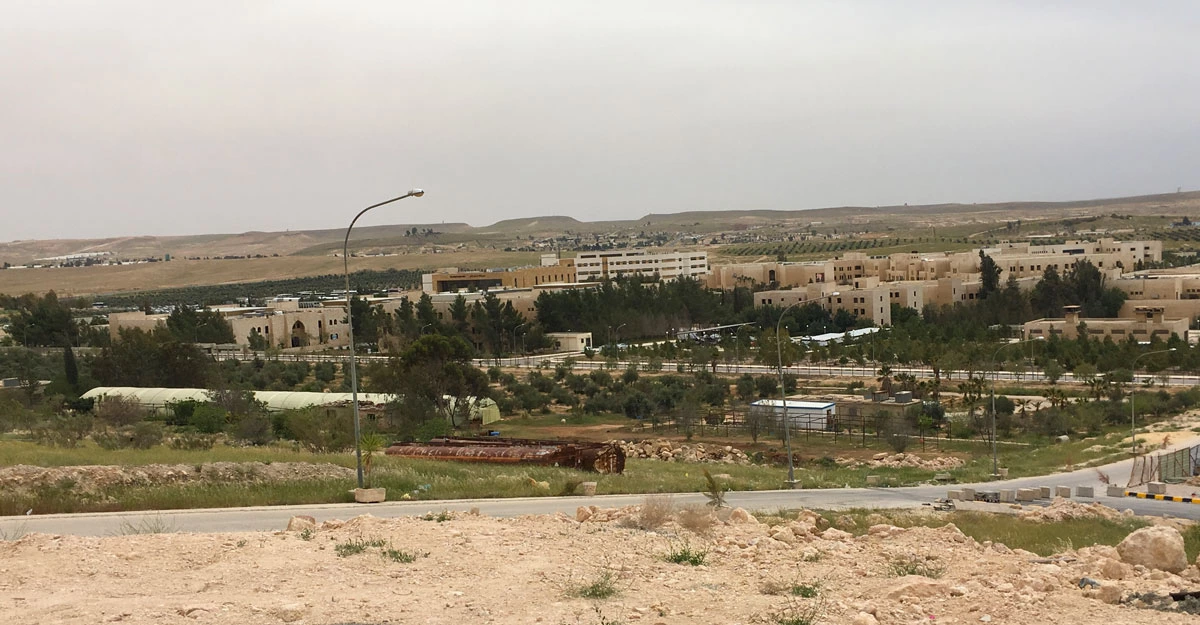
I was recently in Jordan, which is considered the second most water stressed country in the world. While our region of North America is not considered quite so stressed, the similarities of landscape, climate, and precipitation patterns are striking. In recognition of Earth Day 2019, I share my slightly edited opening remarks from the April 14, 2019 International Workshop held at The Hashemite University, located in Zarqa, Jordan.
It is my great honor to be participating in this workshop on Sustainable Development of Arid Lands - a workshop designed to engage in dialogue to identify pathways for addressing some of the critical natural resource and agricultural challenges faced by those living in semi-arid, arid, or what we might call hyper-arid regions, with another purpose being to foster collaboration between the Prince El Hassan Bin Talal faculty at the Hashemite University and other researchers.
I bring several different perspectives to this workshop. I am Director of the Water Resources Research Center and Professor at the University of Arizona in the USA, I am a water decision-maker as an elected member of the Board of Directors of the large Central Arizona Project water conveyance project, and I also serve as President of the International Arid Lands Consortium, in which Jordan has been involved.
My work focuses on water management and policy for growing, water-scarce regions. I used the word "pathways" above rather than solutions, although I do use the word "solutions" in my writings and presentations. Some of the key water challenges we face can be classified as wicked problems. Wicked problems are those that tend to defy standard solutions - for several reasons, including:
- Incomplete of contradictory knowledge
- The number of people and opinions involved
- The large economic burden
- The interconnected nature of these problems with other problems
Often these problems cannot be solved, but they can be mitigated. Interdisciplinary collaboration is required for effective change. Managing wicked water problems may require changing the questions, managing uncertainty, and creating resilience.
I have asked audiences, including my graduate class, what are some of the thorny or wicked water (or other) problems of this region. We don't have the time to go into discussion of this here, but perhaps you can think about this and come up with your own list. I have at least a few on my list.
I recently spent two days at a summit on transboundary groundwater, with particular focus on the US-Mexico border but also on other borders, including within our US states with indigenous nations. A theme that carried through was the importance of involving researchers from many disciplines, practitioners, and civil society in working to mitigate these wicked problems. The criticality of building relationships and trust was also a theme of the workshop and something we will talk about here. Finally, I suggest we agree that leadership is a critical factor in identifying and implementing pathways to addressing Earth's wicked water challenges.

